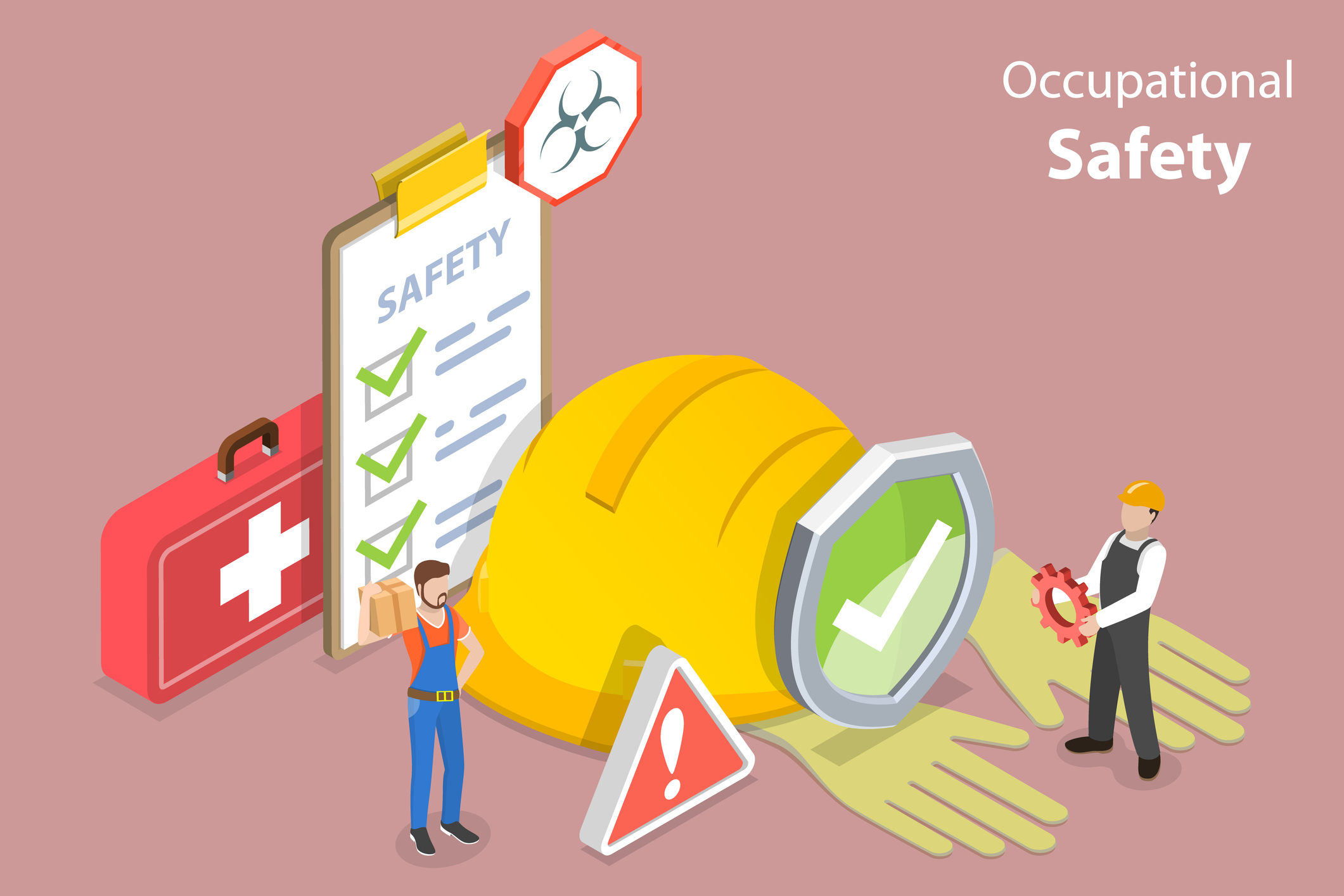Resident
Always wear appropriate Personal Protective Equipment when completing flood clean-up as there is a lot of bacteria in flood water, and there could also be sharp or dangerous objects present. Be careful walking around in flood water- there could be hazards hidden beneath the surface, such as open manholes or slippery sediment. If any flood water gets on your hands, make sure to wash them thoroughly. Avoid enclosed spaces such as garages and cellars, as hazardous fumes could have built up during the flood and cause you harm.
If you are insured, contact your insurance company, making sure to take a record of all correspondence. Follow their advice, and make sure to ask them key questions:
- When will a Loss Adjuster visit your house? This is to evaluate the damage, so it is also important to ask
- Should you start to clean up your property or will they arrange for someone to come and clean it for you after the Loss Adjuster has visited?
Make sure you photograph and document any damage and record the level that the floodwater reached in your property. Once damage has been seen by your insurer, you can then begin repairing or getting rid of damaged items.
If you haven’t got insurance, the National Flood Forum can offer help and support on 01299 403055.
If you have any questions about recovering from a flood, such as disposing of used sandbags or damaged furniture, contact your local authority.
Before turning your gas and electricity back on, it is important to get your appliances checked by a qualified electrician and a gas engineer- contact your utility companies for further information and support.
Any water from the tap that you plan on drinking or using for cooking, make sure to boil before use until your water company tells you it is safe to use straight from the tap.
Look after your mental and physical health. If you are ill following a flood, especially with flu-like symptoms, go to your doctor.
Flooding can increase the growth of mould in your home. Make sure you ventilate your house well (whilst keeping security in mind).
Rogue traders may take advantage of the business that can come following a flood. Be cautious of this, and ensure any trader you hire is registered on Trading Standards.
Community
Always wear appropriate Personal Protective Equipment when completing flood clean-up as there is a lot of bacteria in flood water, and there could also be sharp or dangerous objects present. Be careful walking around in flood water- there could be hazards hidden beneath the surface, such as open manholes or slippery sediment. If any flood water gets on your hands, make sure to wash them thoroughly. Avoid enclosed spaces such as garages and cellars, as hazardous fumes could have built up during the flood and cause you harm.
Business
If employees are carrying out work activities that they normally would not be required to perform, it is important to ensure you comply with your duties in the Health and Safety at Work Act 1974.
Always make sure you and your employees have appropriate PPE when completing flood clean-up as there is a lot of bacteria in flood water, and there could also be sharp or dangerous objects present. Be careful walking around in flood water- there could be hazards hidden beneath the surface, such as open manholes or slippery sediment. If any flood water gets on your hands, make sure to wash them thoroughly. Avoid enclosed spaces such as garages and cellars, as hazardous fumes could have built up during the flood and cause you harm.
If you are insured, contact your insurance company, making sure to take a record of all correspondence. Follow their advice, and make sure to ask them key questions:
- When will a Loss Adjuster visit your business? This is to evaluate the damage, so it is also important to ask
- Should you start to clean up your property or will they arrange for someone to come and clean it for you after the Loss Adjuster has visited?
Make sure you photograph and document any damage and record the level that the floodwater reached in your property. Once damage has been seen by your insurer, you can then begin repairing or getting rid of damaged items.
If you haven’t got insurance, the National Flood Forum can offer help and support on 01299 403055.
Before turning your gas and electricity back on, it is important to get your appliances checked by a qualified electrician and a gas engineer- contact your utility companies for further information and support.
Any water from the tap that you plan on drinking or using for cooking, make sure to boil before use until your water company tells you it is safe to use straight from the tap.
Look after your mental and physical health. If you or your staff are ill following a flood, especially with flu-like symptoms, go to your doctor.
Flooding can increase the growth of mould in your premises. Make sure you ventilate your building well (whilst keeping security in mind).
Rogue traders may take advantage of the business that can come following a flood. Be cautious of this, and ensure any trader you hire is registered with Trading Standards.
